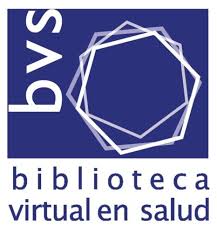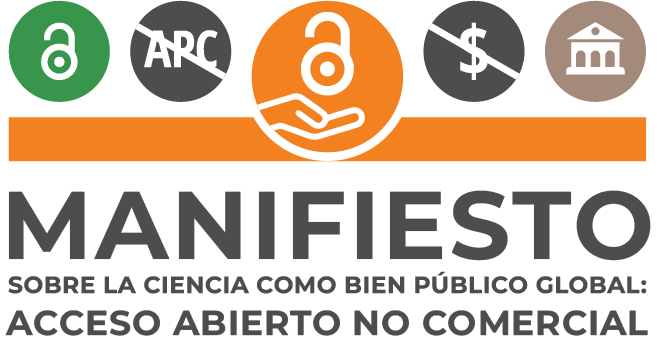Prevalence of helicobacter pylori in children aged 1 to 12 years in a neighborhood of Juigalpa Chontales, Nicaragua
DOI:
https://doi.org/10.5377/creaciencia.v12i2.10167Keywords:
Children, Helicobacter pylori, Gram negative, Antigen, NicaraguaAbstract
The child population is exposed to multiple bacterial germs, one of these is Helicobacter Pylori. This microaerophilic Gram-negative bacterium is responsible for the presence of primary gastritis, duodenitis, gastric ulcers and upper gastrointestinal bleeding in children. The objective of this study is to determine the prevalence of Helicobacter pylori in feces from children aged 1 to 12 years from the Maritza Rivas neighborhood of Juigalpa-Chontales, using an indirect method to detect antigens. It has a methodological design of a descriptive, prospective cross-sectional type with a quantitative approach. The population consists of 217 minors, through non-probabilistic or convenience sampling, a sample of 30 children was obtained, both sexes were present in 50%. The data was collected with surveys applied to parents, protecting the confidentiality of the data; the results obtained were processed in SPSS 21 and Excel 2013. Among the main results of the investigation, it was found that the prevalence of Helicobacter pylori infection is 66.6% and with 20 positive cases of the total sample. In general, it was found that the average age of the minors is 6 years. Regarding the symptoms described by the parents, it was found that 36.7% had epigastric pain, 20% heartburn, 46.7% colic, 13.7% vomiting, 20% hives and 16.7% weight loss. It suggests implementing public health measures, which would contribute to a decrease in the prevalence of gastric cancer in our country.
Downloads
Published
Issue
Section
License
Copyright (c) 2022 Journal Creates Specialized Science in Health Areas

This work is licensed under a Creative Commons Attribution-NonCommercial-ShareAlike 4.0 International License.
Los artículos de Crea Ciencia están publicados en acceso abierto bajo una licencia CC BY-NC-SA 4.0 de la Universidad Evangélica de El Salvador.





















